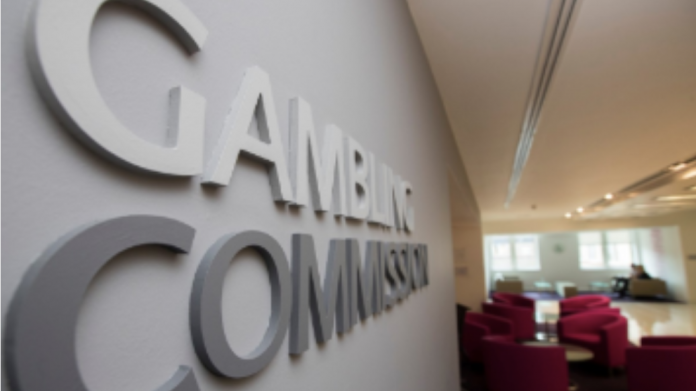The UK Gambling Commission has continued its recent regulatory rampage after hitting the William Hill Group with a record £19.2m for a lengthy list of social responsibility and anti-money laundering failures.
In handing out its latest sanction, which eclipses the £17m action taken against Entain in August last year, the regulator suggested that failings were “so widespread” and “alarming” that consideration was given to a licence suspension.
This financial punishment will see Mr Green pay £3.7m, while William Hill’s online business will pay £12.5m and a further £3m is aligned to the company’s retail operations, which counts 1,344 gambling premises across Britain. All £19.2 million will be directed towards socially responsible purposes.
Furthermore, additional licence conditions will also be added to ensure a business board member oversees an improvement plan. A third-party audit will also be undertaken to assess effective implementation of its AML and safer gambling policies, procedures and controls.
“When we launched this investigation the failings we uncovered were so widespread and alarming serious consideration was given to licence suspension,” said Andrew Rhodes, Gambling Commission chief executive.
“However, because the operator immediately recognised their failings and worked with us to swiftly implement improvements, we instead opted for the largest enforcement payment in our history.”
Following an investigation, social responsibility failures identified include having insufficient controls in place to protect new customers, with a pair of new customers able to open accounts with William Hill and spend £23,000 in 20 minutes and £18,000 in 24 hours, respectively, without any checks.
“…the failings we uncovered were so widespread and alarming serious consideration was given to licence suspension”
A third, via Mr Green, was found to have set up an account and proceeded to spend £32,500 without any necessary examination.
Ineffective controls were found to have permitted 331 customers to gamble with WHG despite having self-excluded with Mr Green, with insufficient controls said to have “exposed new or returning customers to the risk of substantial losses in a short period of time”.
Further shortcomings concern failures to identify certain customers at risk of experiencing gambling related harm and failing to carry out checks at an early stage, as well as a lack of intervention early enough.
This latter issue saw one customer lose £54,252 in four weeks without the operator seeking income evidence, carrying out adequate checks, or using any other effective method to identify risk of harm
It is also said that the group did not apply a 24-hour delay between receiving a request for an increase in a credit limit and granting it, and failed to identify changes in the customer behaviour which should have provoked consideration of whether harm was being experienced.
On the retail front, after opening following COVID enforced lockdowns, one individual lost £10,600 in two days without a safer gambling interaction. Another, despite being unknown, staked £42,253 in 130 bets over a three-day period.
AML deficiencies uncovered by the UKGC are highlighted as allowing customers to deposit large amounts without conducting appropriate checks, with three separate customers losing £70,134 in a month, £38,000 in five weeks and £36,000 in four days.
“In the last 15 months we have taken unprecedented action against gambling operators”
Visitors were also found to deposit large amounts, one case saw £73,535 deposited and £14,068 lost in four months, without appropraite checks being undertaken, with customers also said to be able to stake large amounts without being monitored or scrutinised to a high enough standard.
Policies, procedures and controls had an absence of guidance on appropriate action to take, with these standards also said to lack hard stops to prevent further spend and mitigate against money laundering risks before customer risk profiling is completed.
In addition, AML staff training was found to have provided insufficient information on risks and how to manage them
This becomes the latest UKGC regulatory action issued this year, following 10bet’s £620,000 penalty package, Intouch Games being handed down a financial penalty of £6.1m, a third in four years; TonyBet being penalised £442,750 and Vivaro, trading as VBet, making payments in lieu of a penalty package of £337,631. The Commission last week penalised the Kindred Group’s Unibet and 32Red brands a combined £7.1m.
Since the start of 2022, the UKGC has concluded 26 enforcement cases with operators paying over £76m because of regulatory failures.
“In the last 15 months we have taken unprecedented action against gambling operators, but we are now starting to see signs of improvement,” Rhodes added.
“There are indications that the industry is doing more to make gambling safer and reducing the possibility of criminal funds entering their businesses.
“Operators are using algorithms to spot gambling harms or criminal risk more quickly, interacting with consumers sooner, and generally having more effective policies and procedures in place.”









